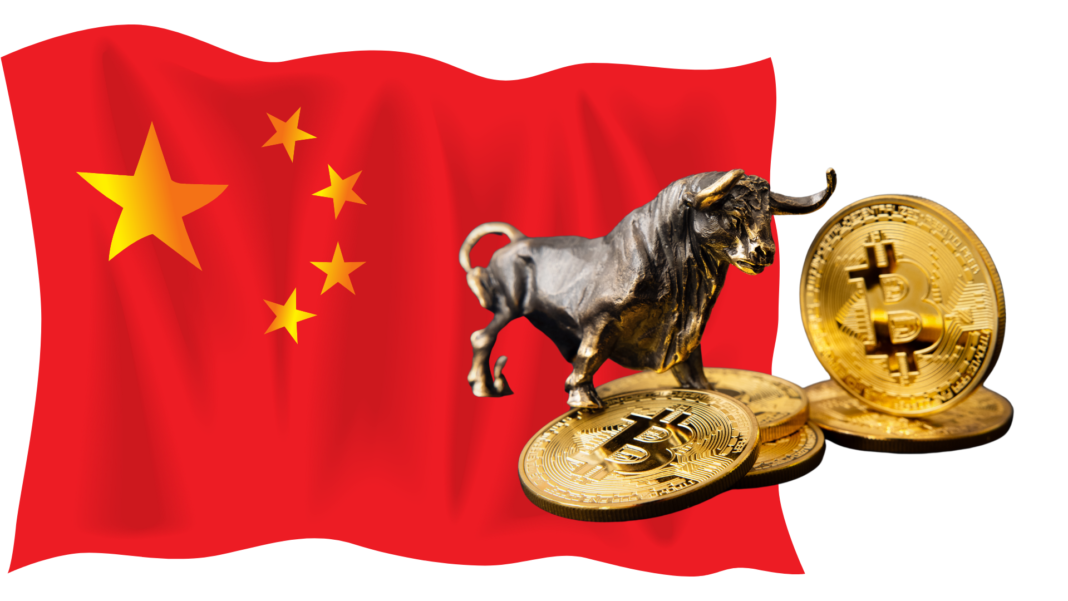China unveiled a large-scale debt package worth about 10 trillion yuan ($1.4 trillion) to ease local government financing pressure and support its sluggish economy, Reuters reported.
The package, announced by Finance Minister Lan Fo’an on Monday, also involves borrowing up to 6 trillion yuan ($838 billion) per year over three years.
What will the Borrowing Cap be Used for?
The borrowing cap aims to assist local governments in reorganizing “hidden debt”—money owed by municipal financing platforms backed by cities or provinces that are frequently regarded as high-risk.
A further 4 trillion yuan ($558 billion) in special local bonds will also be issued over the next five years to mitigate total debt loads. This comes post a five-day meeting of China’s top legislative body, which is the Standing Committee of the National People’s Congress.
Possible Reason for the Stimulus
The stimulus comes as markets reflect on the possibility of Donald Trump being re-elected U.S. President, which would likely bring renewed trade and economic pressure against China.
China is trying to prop up local governments, revive infrastructure investment, and stimulate growth in its strategic sectors with this debt package. By pumping more money into its economy with a stimulus of this size, China can impact global markets, potentially affecting crypto as well.
How will this Impact Bitcoin or Crypto?
Currently trading at $76,150.39, and up 1.71% over the last day, Bitcoin might benefit from an increase in global liquidity. Bitcoin has long attracted investors wishing to hedge against inflation and currency devaluation, with a market cap of $1.51 trillion.
When governments open the money taps to boost growth, assets with limited supply, like Bitcoin (capped at 21 million Bitcoins), can act as a store of value. This scarcity factor, coupled with fresh liquidity, often drives demand and pushes Bitcoin’s price up.
Also, if China’s liquidity injection spurs asset prices worldwide, capital might flow into Bitcoin and cryptocurrencies more broadly. Institutional investors increasingly view Bitcoin as a competitive hedge, and many will likely see it as a highly appealing, decentralized option.
While China is cautious about cryptos within its borders, the effect of its debt package will likely hearten Bitcoin bulls even if it is indirectly. That much liquidity entering any market can trigger inflationary pressure, making fiat currencies less attractive to hold.
As global liquidity continues to improve, Bitcoin’s value could keep rising, positioning it as an asset of choice in uncertain times.


